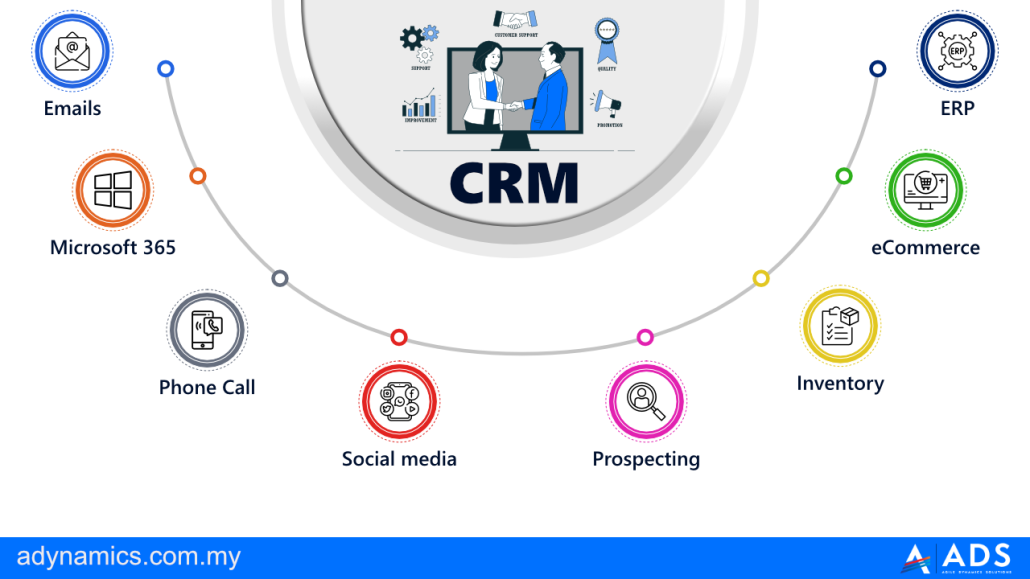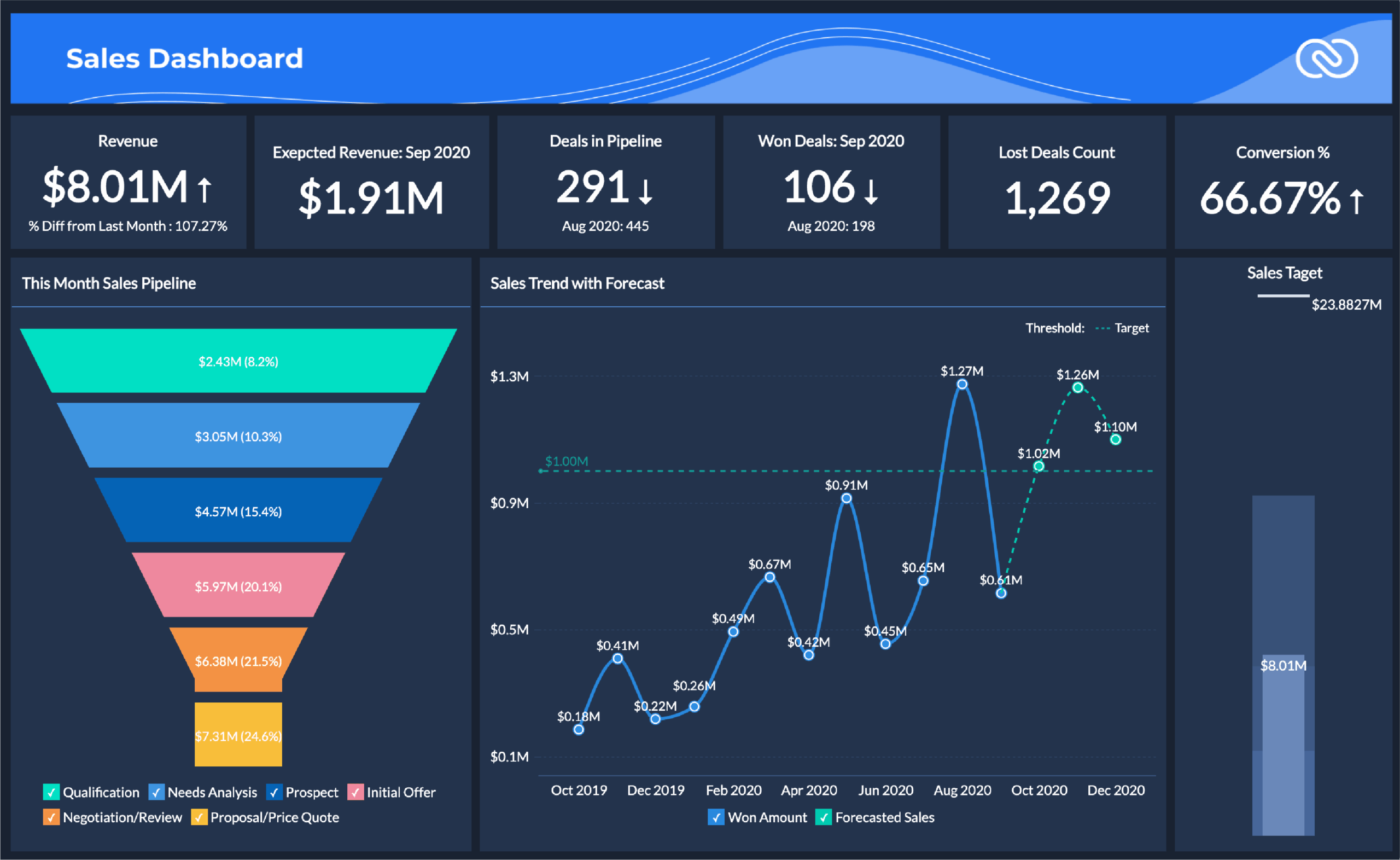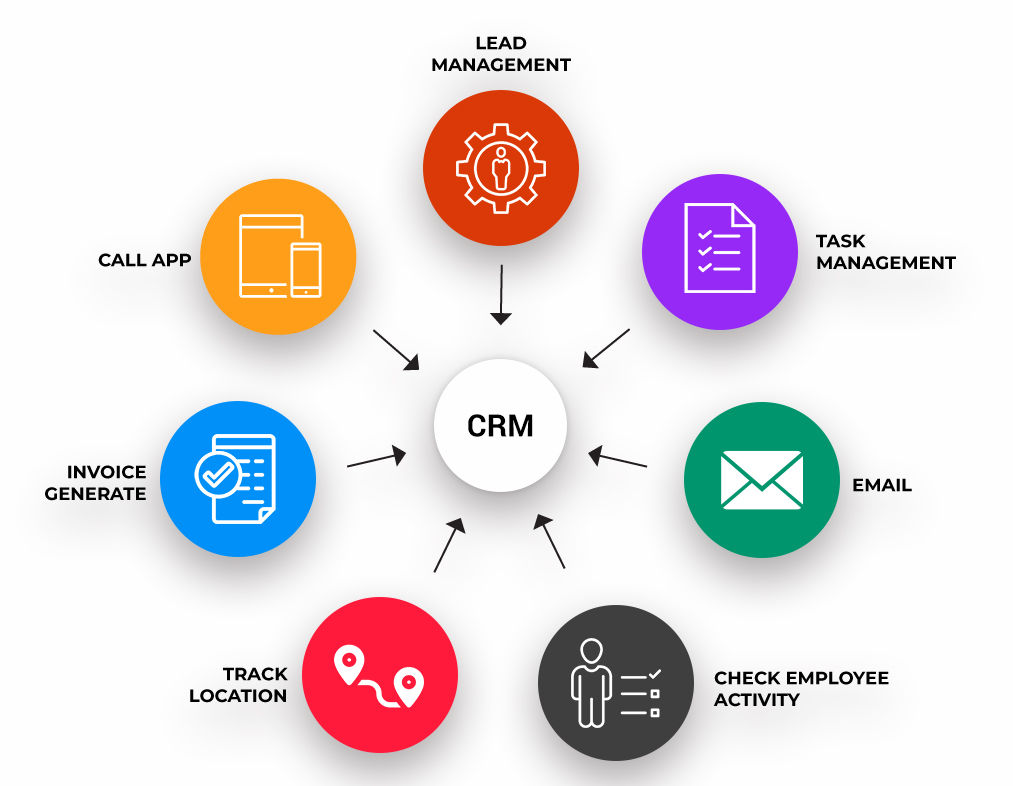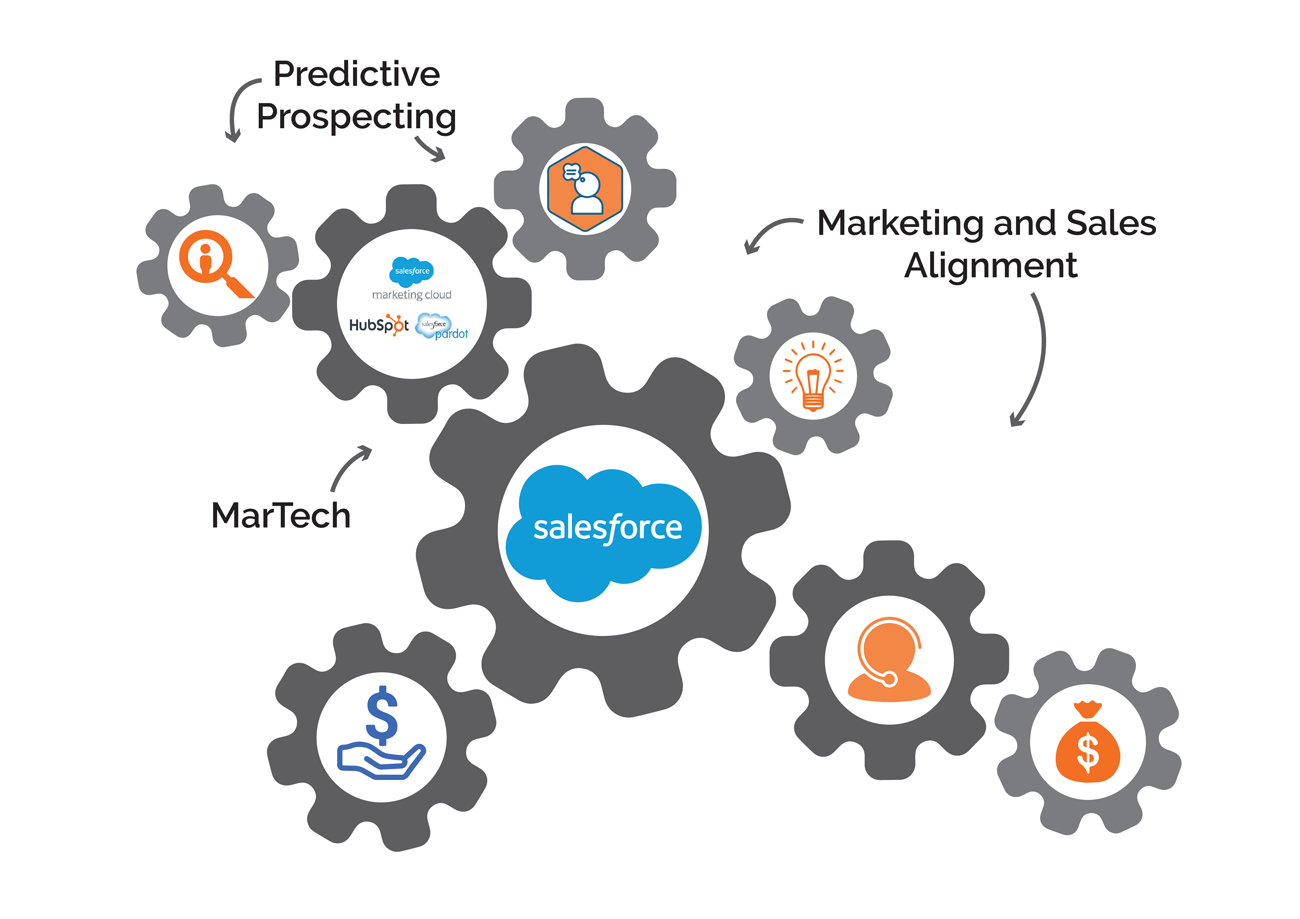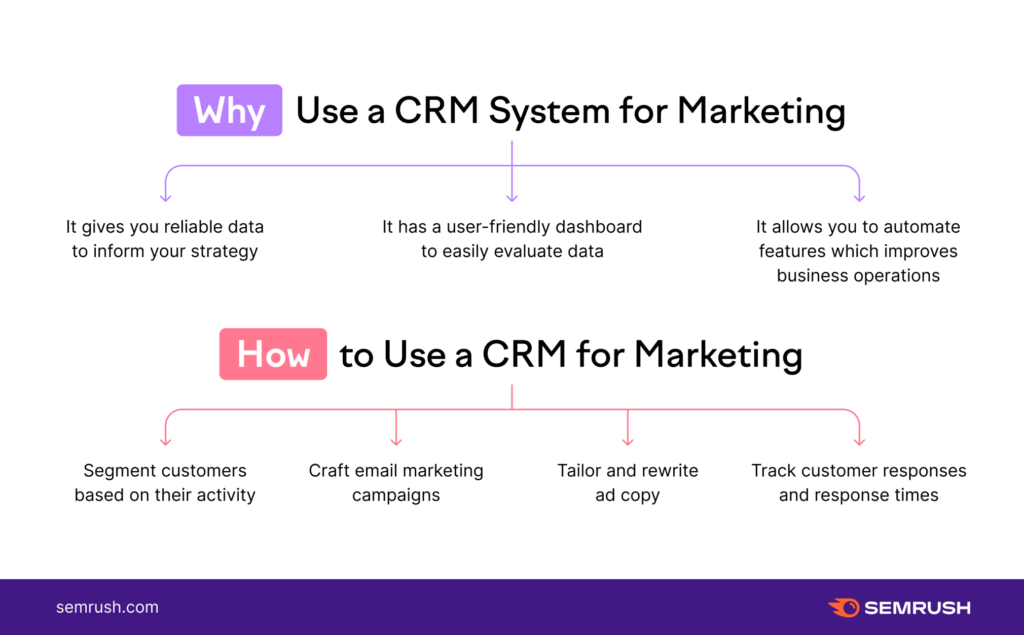
The landscape of marketing is in a constant state of flux, and as we approach 2025, the evolution is accelerating at an unprecedented pace. At the heart of this transformation lies Customer Relationship Management (CRM) – not just as a technology, but as a philosophy. A CRM marketing strategy in 2025 isn’t about simply managing customer data; it’s about cultivating deep, meaningful relationships that drive sustainable growth. This article delves into the core components of a successful CRM marketing strategy for 2025, providing actionable insights and forward-thinking perspectives to help you navigate the future of customer engagement.
Understanding the Evolution of CRM Marketing
Before we chart a course for 2025, it’s crucial to understand how CRM marketing has evolved. The early days were characterized by basic data collection and segmentation. Then came the era of automation, with marketing campaigns triggered by customer behavior. Today, we’re entering a new phase – one of hyper-personalization, predictive analytics, and proactive engagement. The focus is shifting from simply acquiring customers to building long-term loyalty and advocacy.
The customer journey is no longer linear; it’s a complex web of touchpoints across multiple channels. This necessitates a holistic approach to CRM, where data from every interaction – website visits, social media engagement, customer service inquiries, and purchase history – is integrated to create a unified customer view. This 360-degree view is the foundation upon which a successful CRM marketing strategy is built.
Key Components of a Winning CRM Marketing Strategy in 2025
1. Data-Driven Personalization at Scale
Personalization is no longer a buzzword; it’s an expectation. Customers in 2025 demand experiences tailored to their individual needs and preferences. This requires leveraging advanced analytics to understand customer behavior, predict future needs, and deliver relevant content at the right time, through the right channel. This goes beyond simply using a customer’s name in an email; it’s about anticipating their needs and providing solutions before they even realize they need them.
Actionable Steps:
- Implement Advanced Segmentation: Move beyond basic demographics and segment customers based on their behavior, purchase history, and engagement with your brand.
- Utilize Predictive Analytics: Employ machine learning algorithms to predict customer churn, identify upsell and cross-sell opportunities, and personalize product recommendations.
- Embrace Dynamic Content: Use dynamic content in your emails, website, and other marketing channels to tailor the customer experience based on their individual preferences and behaviors.
2. Omnichannel Customer Experience
Customers interact with brands across multiple channels – website, mobile app, social media, email, phone, and in-person. A successful CRM marketing strategy in 2025 must provide a seamless and consistent experience across all these channels. This means integrating your CRM system with all your marketing and sales tools to create a unified customer view and ensure that every interaction is personalized and relevant.
Actionable Steps:
- Integrate Your CRM: Connect your CRM system with all your marketing and sales tools, including your website, email marketing platform, social media platforms, and customer service software.
- Develop a Unified Customer View: Create a single, comprehensive view of each customer, including their purchase history, website activity, social media engagement, and customer service interactions.
- Personalize the Omnichannel Experience: Use the data from your unified customer view to personalize the customer experience across all channels.
3. Proactive Customer Engagement
In 2025, CRM marketing is about being proactive, not reactive. It’s about anticipating customer needs and providing solutions before they even realize they have a problem. This involves using data to identify potential issues, proactively reaching out to customers, and offering personalized support and guidance.
Actionable Steps:
- Implement Proactive Customer Service: Use your CRM system to identify customers who may be at risk of churn and proactively reach out to them with personalized offers or support.
- Monitor Social Media for Mentions: Use social listening tools to monitor social media for mentions of your brand and respond to customer inquiries and complaints in a timely manner.
- Provide Personalized Recommendations: Use your CRM system to provide personalized product recommendations based on customer purchase history and browsing behavior.
4. AI-Powered Automation
Artificial intelligence (AI) is transforming the way businesses operate, and CRM marketing is no exception. AI-powered automation can streamline tasks, personalize customer experiences, and improve efficiency. From chatbots that handle customer inquiries to AI-driven email marketing campaigns, the possibilities are endless.
Actionable Steps:
- Implement Chatbots: Use chatbots to provide instant customer support, answer frequently asked questions, and guide customers through the sales process.
- Automate Email Marketing: Use AI-powered tools to personalize email marketing campaigns, optimize send times, and segment your audience.
- Leverage Predictive Analytics: Use AI-powered predictive analytics to identify customer churn, predict future needs, and personalize product recommendations.
5. Focus on Customer Lifetime Value (CLTV)
Acquiring new customers is important, but retaining existing customers is even more critical. In 2025, CRM marketing strategies should prioritize customer lifetime value (CLTV). This means focusing on building long-term relationships with customers, providing exceptional customer service, and creating loyalty programs that reward repeat business.
Actionable Steps:
- Implement a Loyalty Program: Reward repeat customers with exclusive discounts, early access to new products, and other perks.
- Provide Exceptional Customer Service: Go above and beyond to provide exceptional customer service, resolving issues quickly and efficiently.
- Measure and Optimize CLTV: Track your CLTV and use this data to optimize your marketing efforts and improve customer retention.
6. Data Privacy and Security
With increasing awareness of data privacy and security, building trust with customers is paramount. In 2025, your CRM marketing strategy must prioritize data privacy and security. This means being transparent about how you collect and use customer data, complying with all relevant data privacy regulations, and implementing robust security measures to protect customer information.
Actionable Steps:
- Comply with Data Privacy Regulations: Ensure that your CRM marketing practices comply with all relevant data privacy regulations, such as GDPR and CCPA.
- Be Transparent About Data Collection: Be transparent about how you collect and use customer data, providing clear and concise privacy policies.
- Implement Robust Security Measures: Implement robust security measures to protect customer data from unauthorized access and breaches.
The Role of Technology in CRM Marketing 2025
Technology is the engine driving the CRM marketing revolution. In 2025, the right technology stack is crucial for success. This includes a robust CRM platform, marketing automation tools, analytics dashboards, and AI-powered solutions. The key is to choose tools that integrate seamlessly and provide a unified view of the customer.
Choosing the Right CRM Platform
Selecting the right CRM platform is the cornerstone of your strategy. Consider these factors:
- Scalability: Can the platform handle your current and future needs?
- Integration: Does it integrate with your existing marketing tools?
- Customization: Can you tailor it to your specific business requirements?
- User-Friendliness: Is it easy for your team to use and adopt?
- Reporting and Analytics: Does it provide the data and insights you need?
Marketing Automation Tools
Marketing automation tools are essential for streamlining your campaigns and personalizing customer experiences. Look for tools that offer:
- Workflow Automation: Create automated workflows for lead nurturing, onboarding, and customer retention.
- Email Marketing: Design and deploy personalized email campaigns.
- Segmentation: Segment your audience based on behavior and demographics.
- A/B Testing: Test different variations of your campaigns to optimize performance.
Analytics and Reporting
Data is the lifeblood of CRM marketing. Invest in analytics and reporting tools that provide:
- Real-time Dashboards: Track key metrics and gain insights into your performance.
- Customizable Reports: Generate reports tailored to your specific needs.
- Predictive Analytics: Forecast future trends and identify opportunities.
AI-Powered Solutions
Embrace AI to enhance your CRM marketing efforts. Consider these applications:
- Chatbots: Provide instant customer support and automate routine tasks.
- Personalized Recommendations: Suggest products and services based on customer behavior.
- Lead Scoring: Identify and prioritize high-potential leads.
Building a Customer-Centric Culture
Technology alone isn’t enough. A successful CRM marketing strategy requires a customer-centric culture. This means putting the customer at the center of everything you do, from product development to customer service. It’s about empowering your employees to make decisions that benefit the customer and fostering a culture of empathy and understanding.
Training and Empowerment
Invest in training your employees on CRM best practices and empowering them to make decisions that benefit the customer. This includes:
- CRM Training: Provide comprehensive training on how to use your CRM platform.
- Customer Service Training: Train your employees on how to provide exceptional customer service.
- Empowerment: Give your employees the authority to resolve customer issues and make decisions on their own.
Cross-Departmental Collaboration
Break down silos and foster collaboration between different departments, such as marketing, sales, and customer service. This ensures a unified customer experience and allows you to leverage data from all areas of your business. Regular meetings, shared dashboards, and cross-functional teams can help facilitate this collaboration.
Feedback and Iteration
Continuously gather customer feedback and use it to improve your CRM marketing efforts. This includes:
- Surveys: Conduct regular customer surveys to gather feedback.
- Feedback Forms: Provide feedback forms on your website and in your marketing materials.
- Social Listening: Monitor social media for customer feedback.
- Analyze the data: Use the insights and make necessary adjustments to your strategy.
Challenges and Opportunities in CRM Marketing 2025
The path to CRM marketing success in 2025 isn’t without its challenges. However, these challenges also present opportunities for innovation and growth.
Data Privacy Concerns
The increasing emphasis on data privacy requires businesses to be more transparent and responsible in how they collect and use customer data. This includes complying with regulations like GDPR and CCPA, obtaining explicit consent for data collection, and providing customers with control over their data.
The Rise of AI and Automation
While AI and automation offer significant benefits, they also pose challenges. Businesses must invest in the right tools and expertise to leverage AI effectively. This includes training employees on how to use AI-powered tools and ensuring that AI is used ethically and responsibly.
Evolving Customer Expectations
Customer expectations are constantly evolving. Businesses must stay ahead of the curve by continuously monitoring customer behavior, gathering feedback, and adapting their strategies to meet changing needs. This includes providing personalized experiences, offering seamless omnichannel interactions, and delivering exceptional customer service.
Opportunities for Innovation
Despite these challenges, there are also significant opportunities for innovation in CRM marketing. Businesses can leverage AI to personalize customer experiences, automate tasks, and improve efficiency. They can also use data to gain a deeper understanding of customer behavior and predict future needs. Furthermore, they can explore new channels and technologies to reach customers and build relationships.
Measuring Success in CRM Marketing
To truly understand the effectiveness of your CRM marketing strategy, you need to track and measure key performance indicators (KPIs). Here are some essential metrics to monitor:
- Customer Acquisition Cost (CAC): The cost of acquiring a new customer.
- Customer Lifetime Value (CLTV): The predicted revenue a customer will generate over their relationship with your business.
- Customer Retention Rate: The percentage of customers who remain customers over a specific period.
- Churn Rate: The percentage of customers who stop doing business with you.
- Conversion Rates: The percentage of customers who complete a desired action, such as making a purchase or signing up for a newsletter.
- Website Traffic and Engagement: The number of visitors to your website and how they interact with your content.
- Social Media Engagement: The level of interaction your audience has with your social media content.
- Customer Satisfaction (CSAT) Score: A measure of how satisfied customers are with your products or services.
- Net Promoter Score (NPS): A measure of customer loyalty and willingness to recommend your business to others.
Regularly analyze these KPIs to identify areas for improvement and optimize your CRM marketing strategy. Use the data to make informed decisions about your campaigns, personalize your messaging, and improve the overall customer experience.
The Future is Now: Embracing CRM Marketing in 2025
The future of CRM marketing is not just about technology; it’s about building genuine relationships with your customers. It’s about understanding their needs, anticipating their desires, and providing them with exceptional experiences. By embracing the key components outlined in this article – data-driven personalization, omnichannel customer experience, proactive engagement, AI-powered automation, a focus on CLTV, and a commitment to data privacy – you can position your business for success in 2025 and beyond.
Remember, the most successful CRM marketing strategies are those that prioritize the customer. By putting the customer at the center of your efforts, you can build lasting relationships, drive sustainable growth, and create a loyal customer base that will propel your business forward for years to come. The time to act is now. Begin planning and implementing your CRM marketing strategy for 2025 today, and prepare to transform your customer relationships into a powerful engine for growth.

